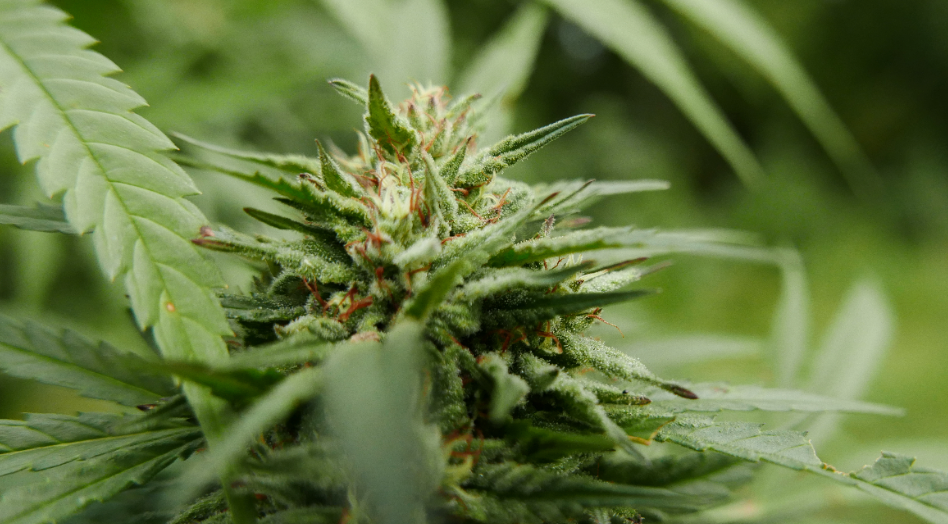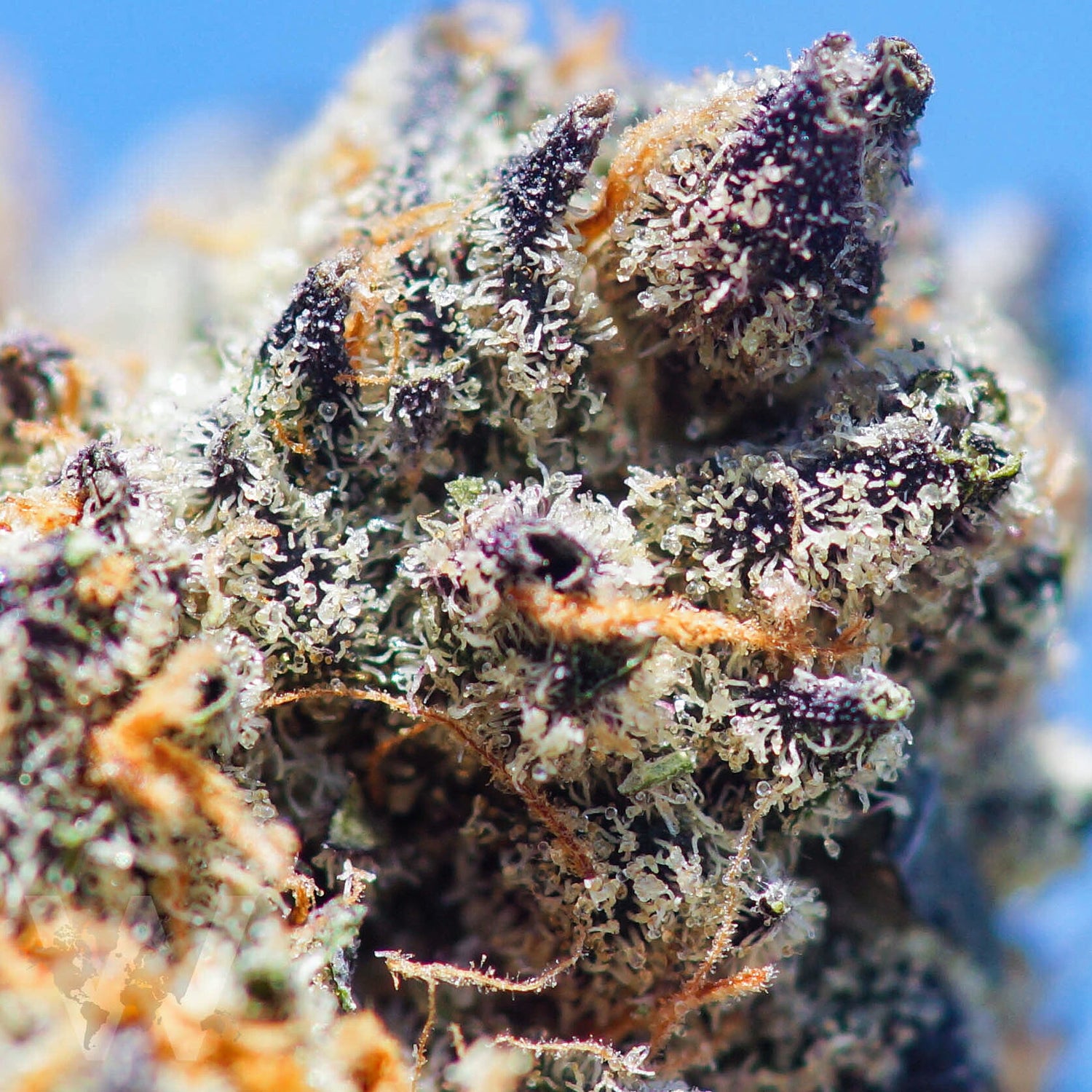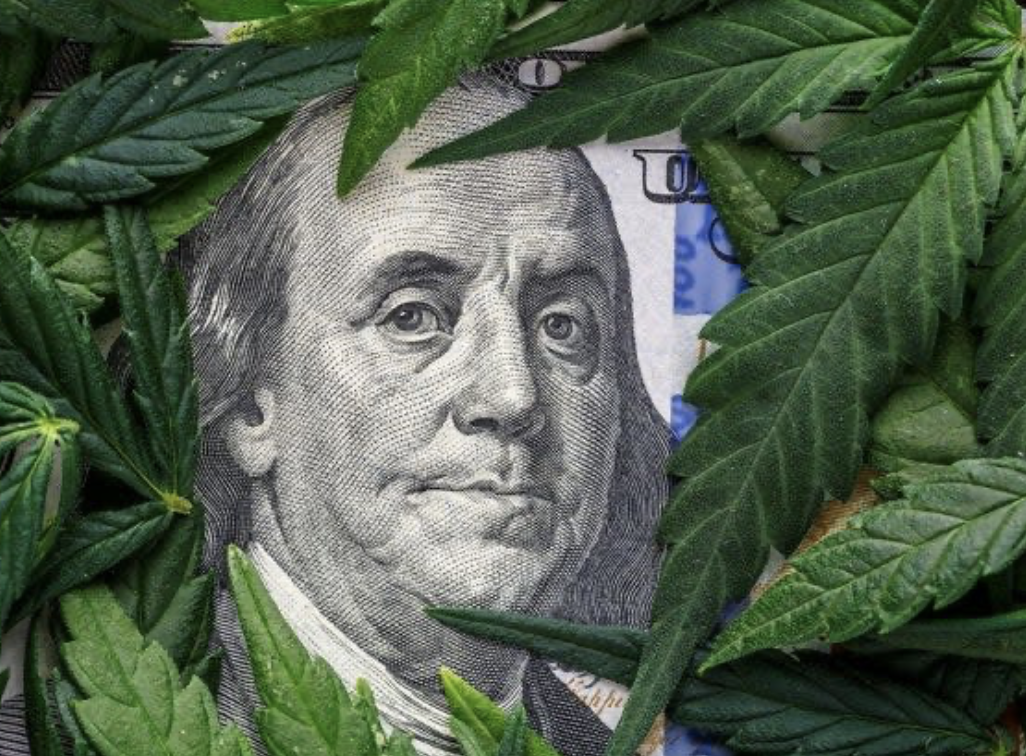
As mentioned in our FAQ, product pages and blogs, CBD has many benefits to help the body to potentially reduce inflammation, hopefully improve sleep, aiming to combat pain and provide a natural alternative to prescription medication.
It is very important to note that you should speak with your doctor when trying a new health routine, mainly to make sure any prescriptions you are taking do not interact with CBD. If you are taking diazepam, lamotrigine, and phenytoin or sedative drugs including barbiturates such as phenobarbital and hexobarbital; or narcotics such as codeine and morphine you should only take CBD orally when directly advised by your doctor. Anyone taking Blood Thinning medication should also first consult with a doctor about taking CBD.
CBD has few side effects, and the World Health Organization states that it is generally well tolerated and has a good safety profile.While relatively safe, there are a few things to consider before you try CBD.
If you are currently taking any other medications, speak with your doctor before trying CBD. Some research suggests that CBD may interfere with the way the liver processes certain medications.
CBD cannot cure heart disease or congestive heart failure, but it is being studied for ways it may help reduce symptoms or prevent heart disease. However, CBD has not been shown in large studies to prevent diseases that lead to heart failure.
Heart disease is an umbrella term that refers to several types of heart conditions. Heart disease may involve the heart valves, arteries, and heart rate, leading to heart failure.
Heart failure is a serious health condition in which the heart isn’t pumping the way it should be. The body depends on the heart’s pumping action to deliver oxygen and nutrient-rich blood to all of its cells.
With heart failure, the heart cannot supply the body’s cells with enough blood, leading to symptoms that can have a tremendous impact on your quality of life.
Heart failure has a number of causes, including genetics, other medical conditions (e.g., anemia, diabetes, sleep apnea), and lifestyle (e.g., smoking, obesity).
- Fatigue
- Shortness of breath
- Increased heart rate
- Weakness
- Bluish-colored fingers and/or lips
- Persistent coughing or wheezing
- Buildup of excess fluid in the body tissues (edema)
- Lack of appetite
- Trouble concentrating
- Inability to sleep when lying flat
CBD and Heart Health
CBD has anti-inflammatory, antioxidative properties that may help reduce risk factors that can lead to heart disease. It may also be helpful in reducing the risk of related conditions, such as stroke.
Blood Pressure
Research suggests that even a single dose of CBD can lower blood pressure.6 High blood pressure has been linked to congestive heart failure.7 This is because high blood pressure makes it more difficult for blood to travel easily throughout the body, causing the heart to work harder.
While more research is needed to be sure, CBD may be helpful in lowering blood pressure to prevent congestive heart failure.
Cholesterol
CBD oil has anti-inflammatory properties, which may help reduce cholesterol levels to improve heart health. Cholesterol is a type of lipid (fat) found in the blood.
High cholesterol levels—particularly low-density lipoprotein (LDL), aka “bad” cholesterol—increase the risk of developing cardiovascular diseases. LDL can build up in the lining of blood vessels, causing a blockage that can lead to heart attack or stroke.
CBD has properties that help relax arterial walls, which research suggests may help reduce blood pressure and excess cholesterol. In animal studies, CBD has been shown to increase HDL levels—aka “good” cholesterol—and lower LDL levels after four weeks of CBD supplementation.
See more here and also what the NIH has to say in depth here.







